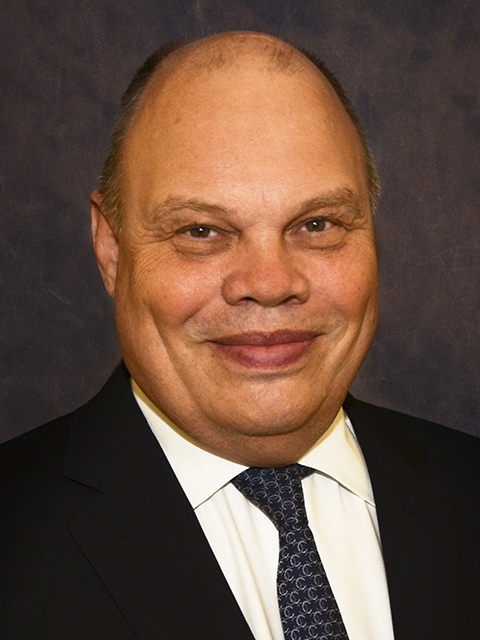Weight Loss Surgery, But Curing Diabetes is the Goal
Dec 3, 2012
NEW YORK
People with type 2 diabetes and a trifecta of medical problems known collectively as metabolic syndrome (obesity, high blood pressure, high cholesterol) may be able to reverse their diabetes and lose weight by undergoing one of the procedures in an emerging field known as metabolic surgery.
The operations are the same as those used for weight loss (bariatric surgery), but in these cases the goal of weight reduction is secondary. "These procedures look at disease from a different approach," said Alfons Pomp, MD, FACS, FRCSC, a bariatric surgeon at NewYork-Presbyterian/Weill Cornell Medical Center. "While the surgeries do cause weight loss, the real effect of the surgery is on your metabolism."
Gastric Bypass

Alfons Pomp, MD, FACS, FRCSC
In a commonly used procedure known as "gastric bypass," bariatric surgeons such as Dr. Pomp create a small pouch from the top portion of the stomach. They then take a section of the small intestine; connect one end to the pouch and join it with the small intestine below the stomach. When patients eat, food now flows from the small pouch into the small intestine but bypasses the larger stomach.
On the weight loss side, patients feel full sooner and eat less. They also absorb fewer calories due to the reduced surface area of stomach and small intestine the food comes in contact with. (They also absorb fewer nutrients and bariatric patients take nutritional supplements for the rest of their lives.)
On the metabolic side, the feeling of being full alters the hormonal messages sent to the brain about how much food and what kind of food has been eaten. The hormonal changes increase the amount of insulin produced by the pancreas or increase the body's sensitivity to insulin to better balance the oncoming increase in blood sugar.
Changes After Surgery

Judith Korner, MD, PhD
Glucose levels (and the need for insulin) may begin to change immediately following surgery, even before any weight is lost. "It is common for patients to never need medication for their diabetes again. However, not all patients respond the same way to the surgery. We think that patients who have had diabetes for a long duration, around 10 years, whose bodies are not making insulin naturally, or who are taking insulin for a long period of time may have less of a response to metabolic surgery," said Dr. Pomp.
Other benefits include decreased levels of low density cholesterol (bad cholesterol) and improvements in hypertension, tolerance to exercise, and quality of life.
"The most common comment I have gotten after performing about 3,500 weight loss surgeries is that most patients wish they had done the operation sooner," Dr. Pomp said.
However, bariatric surgery for weight loss and/or type 2 diabetes is not a quick fix. It requires a life-long commitment from those who undergo it.
A Life-Long Commitment
"The surgery should be thought of as a tool rather than a total cure," cautions Judith Korner, M.D., Ph.D., Director of the Medical Weight Control Center at NewYork-Presbyterian/Columbia University Medical Center. People still need to think about diet and exercise if they want results to last past the "honeymoon phase," as Dr. Korner calls it. This is where patients initially see a reversal of their diabetes and begin to lose weight. Lack of dedication to good health may cause these gains to be reversed and patients may find themselves back on insulin.
Patients also need to take supplements for the rest of their lives and follow specific guidelines. Some supplements must be taken on an empty stomach, some with food, and some may interact poorly with other medications. Without supplements, "extreme nutritional deficiencies" can develop as a result of surgery, Dr. Korner said.
Dr. Korner and her colleagues develop daily plans with patients to help them handle their new routines. They also offer nutritional counseling, support groups, behavioral counseling, and guidance on diabetes care, if necessary.


